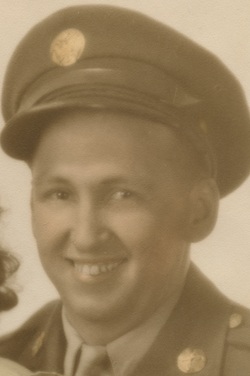
Last week I attended the Pacific Northwest Writers Association Conference in Seattle where Bob Dugoni (A New York Times best-selling author) talked about the reasons we write. According to Bob, the first step in writing is to know who you are as a writer. Knowing this will help you understand the stories you write and why you write them. I'd never thought about this before. And in the process of thinking about it, I realized he was right-- my novel characters are born of me. They are not me, but they are always of me.
I also know I write stories and poems about relationships. I am defined by my family of origin and the children I birthed and love. Bob suggested we write down 5 things that define us. This is a good exercise for everyone--not only writers. It illuminates your life in so many ways--shows you who and why you are. I challenge you to try it.
In my list, I included my mother's early death from breast cancer, the way she sang gospel while she worked in her garden and how those songs influenced my love of language and poetry. I listed the stories my father told me about his childhood during the great Depression, the death of his mother when he was six-years old, his alcoholic father and the way his siblings were separated--either adopted or farmed out to other family members. I included the bookmobile that stopped on our street and filled my young life with walls of stories. I listed the 1,000 square foot house I shared with my parents and four brothers. The extended family living on the same street and the way holidays were filled with drama and laughter.
But, perhaps most significantly, the first thing on my list was the grenade that blew up in my father's hand during his basic training at Ft. Jackson. It's odd, in a way, because this event took place before I and three of my four brothers were born. Yet, in many ways, that bomb exploded in our lives as well. We were all profoundly affected by it. This smiling photograph of my dad was taken just three weeks before the grenade. In it, I see a beautiful boy, in love with my mother, optimistic for a bright future, and innocent of what awaits him.
To illustrate how this event still haunts me, I'm going to share a poem written a few weeks ago. I thought I'd said everything I needed to say about my dad and that grenade. I was wrong. Maybe we writers spend a lifetime trying to understand the one thing that most defines us.
WHOM SHALL WE BLAME?
On that July day in nineteen forty-four
you are eighteen, a country boy,
crawling through combat training at Ft. Jackson.
You see the piece of mud-caked metal
nuzzled beside a Hickory stump.
Too innocent to know there are things
we can reach for but shouldn’t,
you dig it out with your bare hands,
dust the treasure off on your khaki sleeve,
then toss it across the narrow field
of high grasses and bright yellow
dandelions to your best friend.
He turns it over, sniffs for a clue.
The smell takes him home….
Rich earth and shell-shaped blossoms
in his wife’s summer garden.
Baffled, he runs toward you,
pitches it back, an impromptu
baseball game between battle maneuvers.
When you reach up to catch it,
the pin dislodges and the grenade,
leftover from another war, explodes.
The boom reverberates for miles,
lifts your friend into a faultless sky,
a hero’s grave in Arlington.
Now, so many years later, I imagine
your hand, my father’s hand,
its long, blood-stained fingers,
buried with the pieced-together fragments
of your lost friend. That when his wife is led,
as memory will, into that yesterday, she
carries a bouquet of fresh gardenias,
steps inside the perfect rows
of white crosses and kneels in thick,
fragrant grass beside the miniature flag
on his grave. She bows her head,
prays for her husband,
and she prays for your hand.

 RSS Feed
RSS Feed